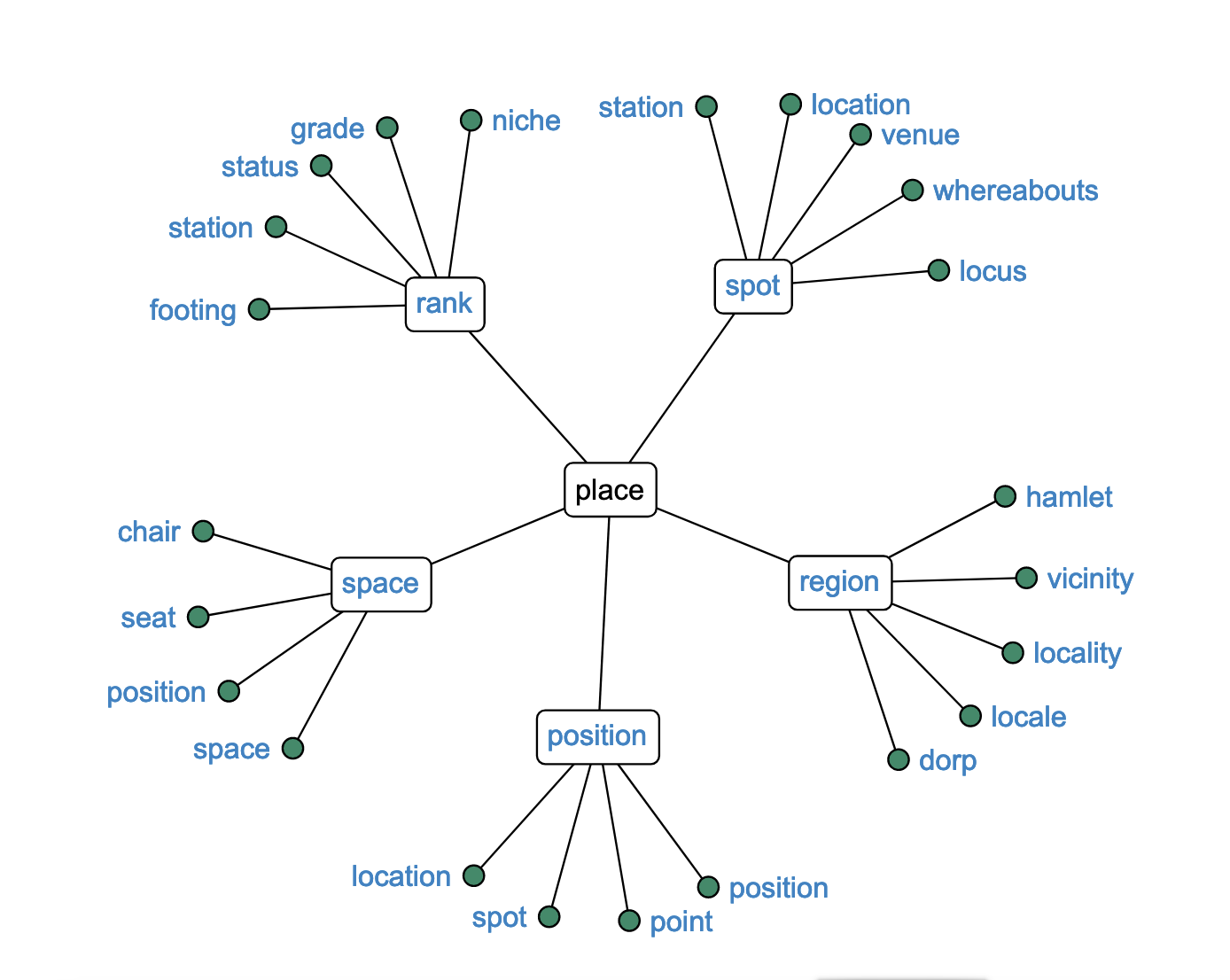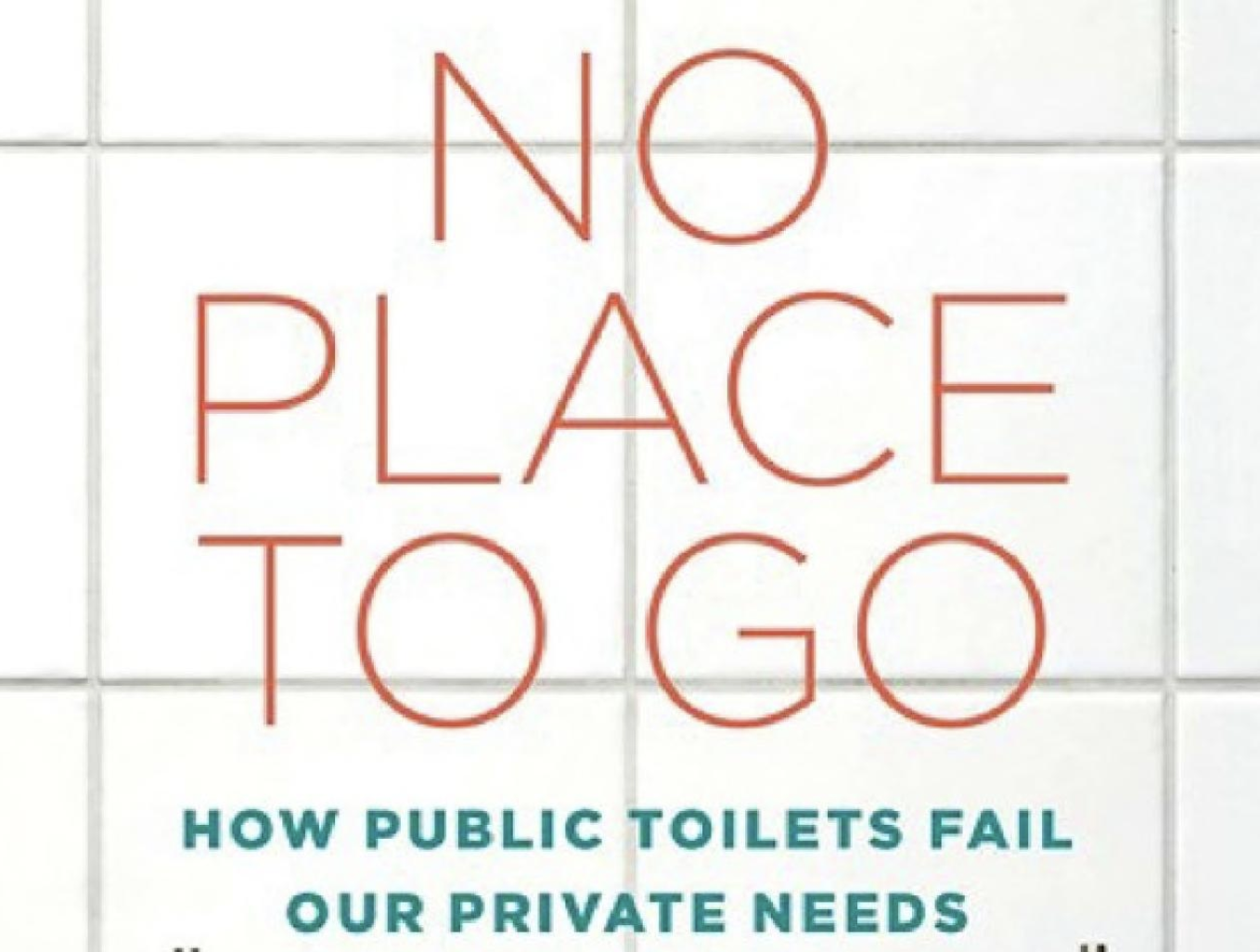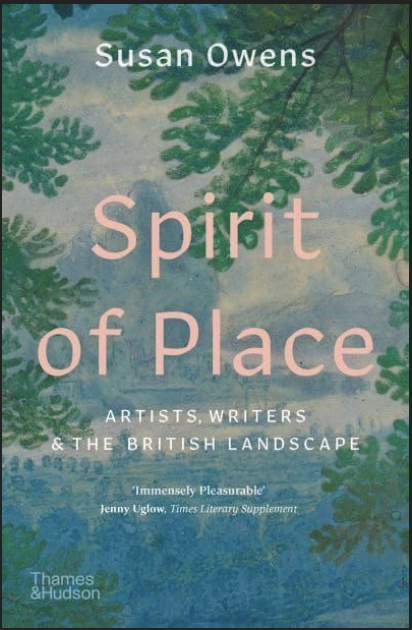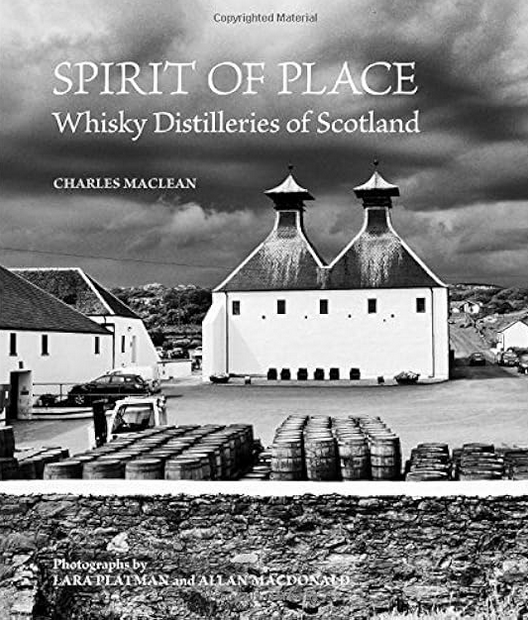One of the earliest entries I did for this blog was the page Place on Google, in 2015. I wanted to get some sense of the wide range of ways the idea of ‘place’ is used, and was curious what on online search would produce. What I got was “an eclectic, jumbled set of results.” The exercise was a good reminder that ‘place’ is powerful and versatile word with a solid core and many, diverse branches.
When I recently went back to look at that page I found that a number of the links no longer worked, which led me to wonder what else might have changed. A quick search suggested some differences, which in turn led me to follow my previous strategy of looking at about the first 100 entries or so for ‘place’ and about 50 each for ‘sense of place’ and ‘spirit of place’. This post summarizes the results.
My search for ‘place’ found over 20 billion results In half a second. For ‘sense of place’ it was 3.3 billion, and ‘spirit of place’ a mere 1.25 billions. Very impressive, but the fact is that after the first 100 or so the results mostly are a blend of inconsequential and repetitive.
What’s New About Place on Google in 2023
Definitions and Meanings: In 2023 definitions and synonyms dominate the top search results. This was not the case in 2015 when I identified about 18 different ways ‘place’ was used in websites, for instance in the names of shelters, in teaching resources, mathematics, architecture, social networking, writing computer code, building names, heritage, and no sense of place. I had no category for definitions.
The following sites were in the top twelve results.
Google’s definition based on Oxford Languages. Then Cambridge, Dictionary, Thesaurus, Collins, Britannica, Wiktionary, Merriam Webster
Each offers maybe twenty or more dictionary definitions of place, both nouns and verbs, and most also suggest synonyms such as ‘ambience’, ‘spot’ and ‘vibe’. My impression is that this plethora of definitions offers almost no clarity about the idea of experience of ‘place” except to demonstrate that it is a remarkably flexible word with many different uses and meanings.

Books: I do not recall if in 2015 there was a separate search category on Google for Books, but in 2023 there is, and it lists hundreds that have ‘place’ in the title – novels, autobiographies, poetry, accounts of regions and of cities.
For the majority my impression is that the word ‘place’ serves mostly as a conveniently neutral way to indicate that the book involves somewhere specific, a region, town, house or farm. Or even this book by Lezlie Lowe:

About 10 percent of all the titles Iare about academic research, and many listings have fragments of the text that discuss the meaning of place. Merely glancing at these is an easy way to get some sense of the range of recent thinking about place across a range of disciplines. In the first five screens I looked at there were books about indigenous places and colonialism, place in architecture, landscape painting, place names, neighborhoods, poetics, diasporas, politics, heritage, and geography.
Real Estate: Another new category. It consists mostly of online listings for buildings or streets that have ‘place’ in their name, but there is also a highly ranked website providing services for real estate agents, with the succinct URL https://place.com – an all-in-one technology platform for real estate agents.

Locational Bias. This is not a category of place websites but rather a clear orientation I found in the search results towards where I live. This was the case even though I thought I had blocked access to my location. Presumably search engines have a built in assumption that you want to know about what is relevant in your part of the world. What I got were numerous websites that had something to do with Canada that ranged in scale from Earth: Spirit of Place, a book of photographs from space by the Canadian astronaut Chris Hadfield, to Toronto: Spirit of Place, to Our Place, a shelter for the homeless a few blocks from where I live.
This sort of locational bias was not evident in 2015. From a place perspective it is difficult to regard it as anything other than positive. On the other hand, place is no more concentrated in my part of the world than it is anywhere else, so it is important to note this bias and to look beyond it.
Continuity and Discontinuity
Continuities: Except for the new categories of Definitions and Real Estate there is considerable continuity in how ‘place’ is revealed in website searches. Especially notable is the continuing and perhaps increasing use of the word ‘place’ in names of shelters and support groups – e.g Rosies’s Place, the first women’s shelter in the US, also Nina’s, Maggie’s, Stella’s, My Sister’s Place. etc, which provide similar support services. I think this reflects the fact that ‘place’ is a neutral term in the name of a facility, it has connotations of comfort, safety, and security.
Place continues to be important in education websites that provide resources for teachers and the promotion of place-based learning. It remains popular as as focus in design and planning. There are still some active sites that refer to place in relation to computers; Schema is important because it has to do with writing code that captures place and location data.
The locational bias in my search results drew my attention to the Quebec Declaration on the Preservation of The Spirit of Place, approved in 2008 at the meeting of the International Council of Monuments and Sites, an NGO that works to protect cultural heritage places and is an advisory body to UNESCO’s World Heritage Committee. This sort of thinking about place has trickled down and now seems to be a common element in heritage conservation at all levels (though there are rather different ways of thinking about spirit of place, as these two recent books indicate)


Discontinuities In 2015 I identified categories of place in my Google Research that had to do with Social Networking, Placemeters (Placemeter), Science Research about Place, and No Sense of Place. Most of the links for these have disappeared, and I found little evidence in 2023 that these are significant themes.
A Concluding Comment about Placeness
I find it mildly encouraging that this website on Placeness, Place and Placelessness, with absolutely no attempts to get a high ranking and out the billions of results of the searches, is identified in the top 100 or so websites on Place that I looked at, in the top 50 for Sense of Place and in the top five for Spirit of Place.